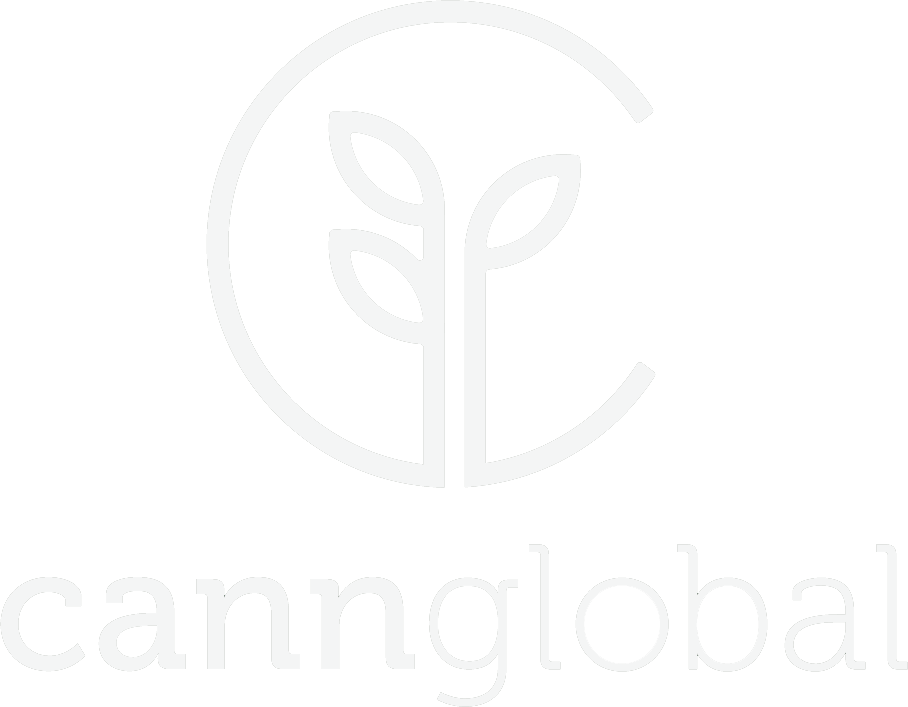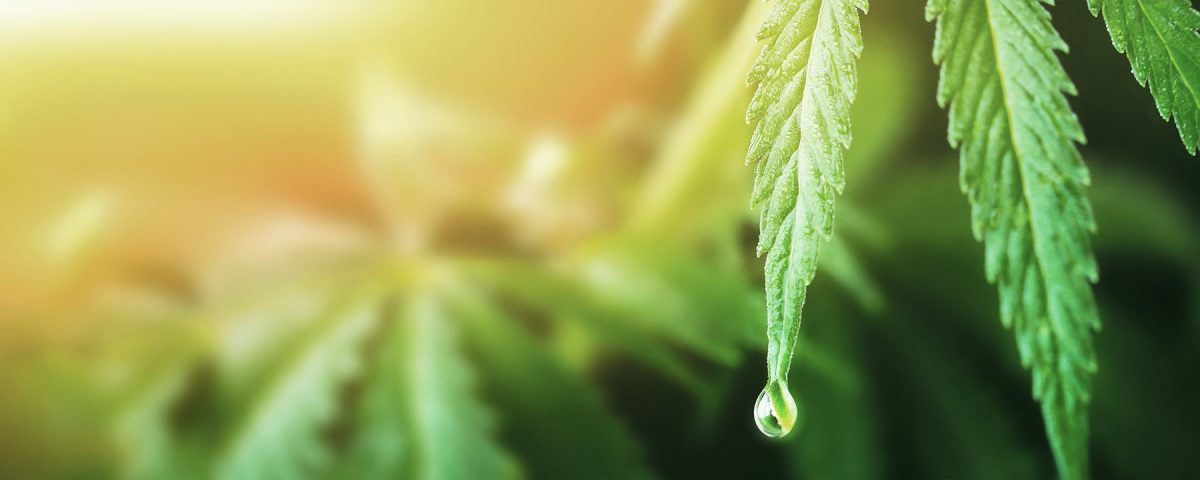
"Global food production threatens climate stability and ecosystem resilience and constitutes the single largest driver of environmental degradation and transgression of planetary boundaries… Food is the single strongest lever to optimise human health and environmental sustainability on Earth."
Source: EAT Lancet Report, 2019
Hemp as you probably know or are starting to understand is the industrial name we give the Cannabis sativa varieties that have low to nil traces of THC. (The molecule that makes you high that is!)
Hemp is a very versatile plant and has been used all over the world since prehistory, as food, clothing, building materials, fuel and medicine. Almost every part of the hemp plant can be used by industry: The seeds, the stalk, the roots, the flower and even the leaves. While hemp, Marijuana or Cannabis are one and the same species, they are quite different in character when bred for industrial versus medicinal or recreational consumption. Hemp benefits the environment and the economy while providing a sustainable alternative source of fibre for paper, textiles, and other purposes.
Hemp seed has served as a primary famine food in China, Australia and Europe as recently as World War II. Hemp seed also contains all the essential amino acids and fatty acids and the most complete protein to be found in the vegetable kingdom. A better question might be, why not hemp?
And what about CBD? Over 80 chemicals, known as cannabinoids, have been found in the Cannabis Sativa plant. Different varieties of cannabis have varying concentrations of all the different types of cannabinoids. THC, mentioned above is the most prevalent and well known (due to its psychoactive properties), however CBD (Cannabidiol) which is found primarily in the flower, is the second most prevalent cannabinoid and is a non-psychoactive.
Although the exact medical benefits and implications of CBD are still being investigated, it has demonstrated promise in a variety of therapeutic and pharmaceutical regimes.


